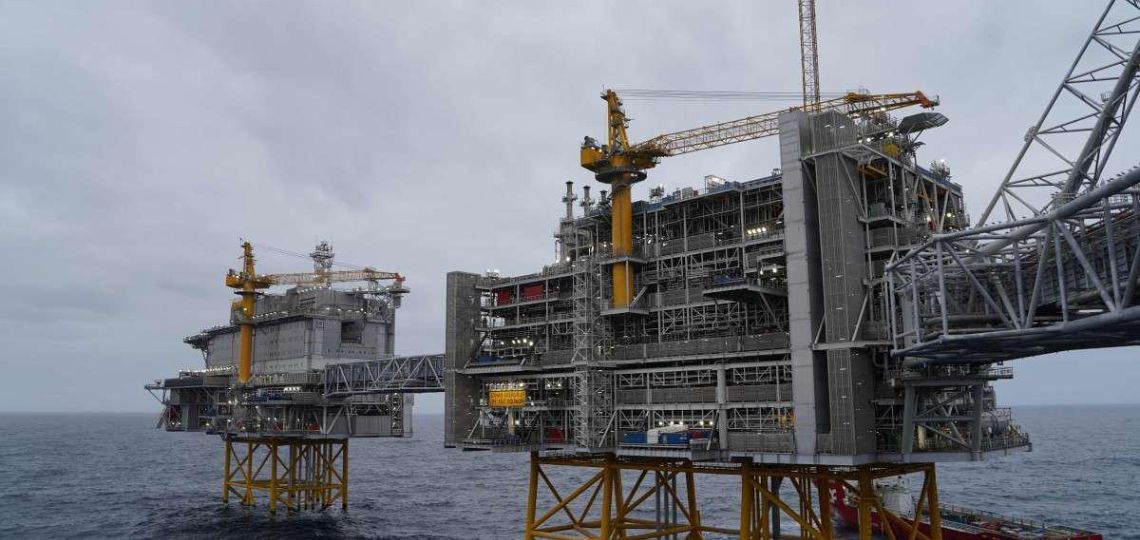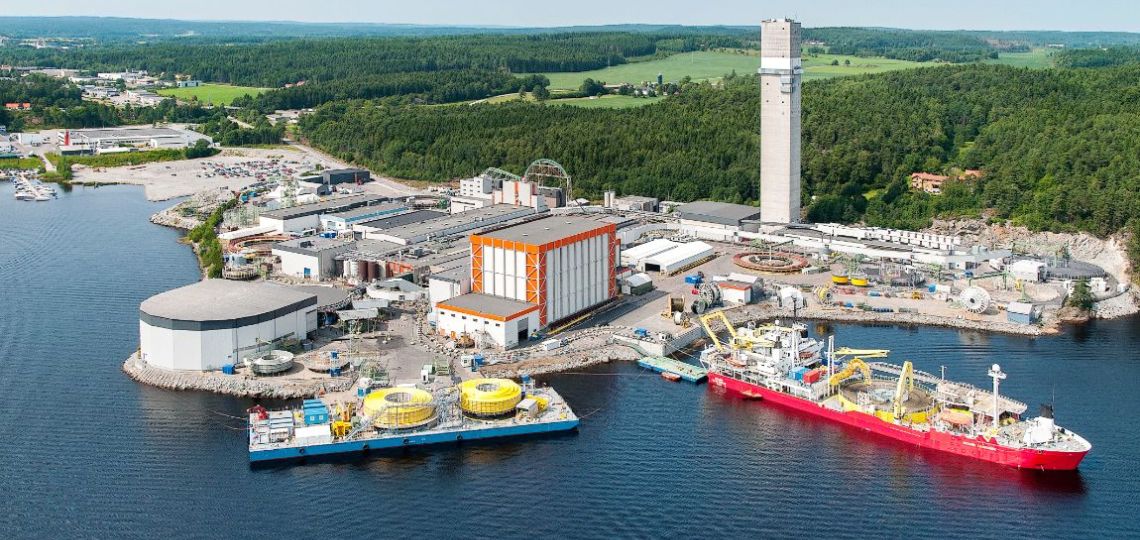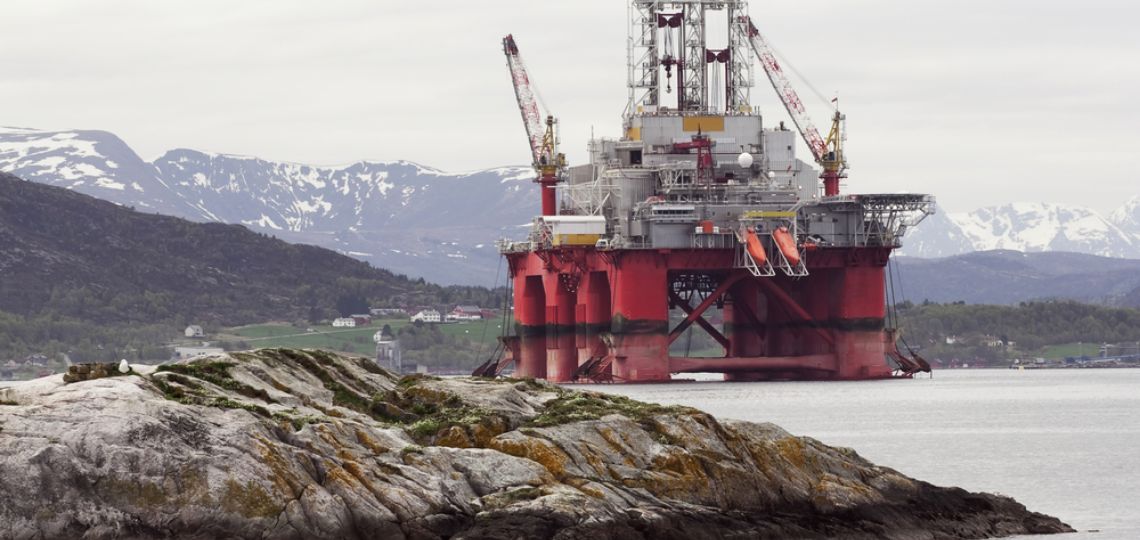The oil industry has not yet said its last word: Norwegian fossil fuel, oil and gas company Equinor Energy discovered a new oil well in July 2020.
Development of the oil industry in Norway
It is located in the North Sea, about 160 kilometers west of Floro in Norway. With this discovery, the number of wells in production permit 089 now stands at 41. The latter was awarded in 1984 during the eighth cycle of the bachelor’s degree.
Offshore drilling
This new hydrocarbon source came to light via a sidetrack drilled from the 34/7-E-4 AH AS development well northwest of the Vigdis Vest field. It was dug to a vertical depth of 2,517 metres below sea level for a measured depth of 4,459 metres. The purpose of the new 34/7-E-4 AH well was to test for oil in the Middle Jurassic reservoir rocks of the Rannoch Formation.
A Transocean Norge semi-submersible platform made it possible to dig in 283 kilometers of water. As a result, the reservoir will be temporarily closed as the oil meets the water at a depth of 2,479 meters.

A discovery with great potential for the oil industry
According to Oil field technology, this minor discovery has promising commercial potential. In fact, this 20-meter-long oil column in the Rannoch formation has 18 meters of good-quality sandstone reservoir. The Norwegian Petroleum Directorate reported on the importance of this well in NS Energy magazine.
“Preliminary calculation of the size of the discovery is between 0.9 and 1.5 million standard cubic metres (Sm3) of recoverable oil.”
In addition, he points out that this well will be linked to the Vigdis field, and the material could be recovered using the Vigdis facilities already in place. The company has already proceeded with data collection and sampling. However, the well has not yet been tested in formation. This new deposit is good news for the oil industry, which has been hit by a drop in production since the early 2000s, and the covid-19 pandemic.

The oil industry is at the heart of the ecological debate
However, the exploitation of fossil fuels is at the heart of environmental issues in the face of global warming. This is notably the case in Norway, where the green transition has been accelerated, with the government funding actions to comply with the Paris Agreement. The latter, however, is one of the European countries that produces the most oil and emits the most greenhouse gases. Between an ecological approach and an oil production permit, Oslo offers us an ambivalence.
Equinor Energy multiplies its successes
The company continues to flourish in 2020. Earlier this year, the company had already discovered a gas and condensate deposit in the Wild 30 / 2-5 S well located in production license 878 in the Norwegian North Sea. According to estimates by the Norwegian Gas Directorate, the reserves represent between three and ten million standard cubic meters of recoverable oil equivalent. That’s between 19 and 63 million barrels of oil equivalent.
Norway at the heart of offshore drilling
The Transocean Norge drilling rig will then continue its journey to bring up a new development well on the Visund South field for Equinor Energy. The North Sea and Norway are therefore currently at the heart of the Norwegian oil giant’s energy challenges. In 2018, Norwegian Prime Minister Erna Solberg declared: “The person who will turn out the lights on the Norwegian continental shelf is not yet born”. This sector, which accounts for 20% of the country’s investments, 30% of exports and 200,000 jobs, is a pillar for the country.
Unprofitable wells in Australia and the Arctic for the oil industry
This well is an advance for the company, which at the start of 2020 had failed to detect hydrocarbons in a promising Arctic zone. In addition, the oil company renounced its right to drill in the Great Australian Bight. Indeed, the wells in this area are not profitable, said Equinor director Jone Stangeland. This news delighted Australian Greens Senator Sarah Hanson-Young. The giant therefore prefers to turn to the more profitable and promising North Sea.






